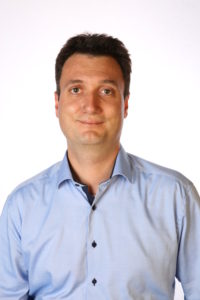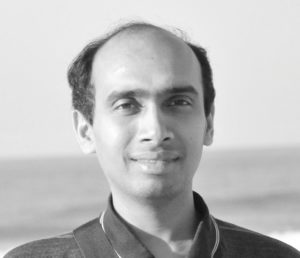Title: A case for Internet Transparency – the Responsible Internet
Speaker: Ralph Holz
Affiliation: University of Münster, Germany
Abstract:
Despite some progress over the last 20 years, Internet security problems just keep cropping up. At the infrastructure level in particular – from hardware to critical services – it is sobering to realize that the incentives to invest in modern technologies too often clash with business or organisational considerations. Instead of continuing to rely on technologies that tend to be poorly received by the market, we provide arguments why it is more expedient to take a more indirect approach by introducing and fostering so-called “Internet Transparency”. This idea is based on earlier empirical evidence: if it is possible to determine by which operator, and why, a problem was caused, the incentives to invest in security and less flawed processes change across the board. We will therefore start by presenting a few results from previous work to motivate why we should now focus on Internet Transparency, before moving on to a possible approach for implementing this, which is largely based on global measurements and decentralised logging, flanked by economics and governance research and efforts. We have nicknamed this multidisciplinary approach the Responsible Internet, and the remainder of the talk will introduce our approach and ongoing efforts.
Bio:
Ralph is Full Professor for Networks and Network Security at the University of Münster in Germany and co-appointed at the University of Twente in the Netherlands. His research interest is the empirical analysis of computer security, especially on the Internet. His prior positions include roles at NICTA (National ICT Australia), the University of Sydney, and the University of Twente. Ralph holds a PhD from the Technical University of Munich. He is currently the PI of a 2m EUR project on the Responsible Internet that aims to bring about better controllability, accountability, and transparency for the security of Internet communication (https://responsible-internet.org). Ralph has contributed to Internet standardization and his work has received several awards.

Title: Counting Stars: Earth-based Strategies to Understand Space-based ISPs
Speaker: Nishanth Sastry
Affiliation: University of Surrey, UK
Abstract:
Satellite communications is seeing a resurgence with new space-based ISPs such as Starlink. Using thousands of satellites in Low Earth Orbits, such megaconstellations of satellites aim to provide connectivity rivalling terrestrial broadband providers, and are largely succeeding. Yet, complexities created by the fast moving satellites may require reexamining or redesigning higher layers of the network stack. This talk will look at various ways to measure and understand the promise and pitfalls of space-based connectivity from right here on earth, using techniques ranging from browser extension-based measurements to developing a distributed testbed that aims to be a “PlanetLab for Starlink” to developing a “digital twin” that can scale to the size of today’s megaconstellations and beyond.
Bio:
Prof. Nishanth Sastry is the Director of Research for Computer Science at The University of Surrey, UK. His research spans a number of topics relating to social media, content delivery and networking, and online safety and privacy. He leads the Networked Systems Theme within the Surrey Centre for Cyber Security, co-leads the Pan-University Surrey Security Network, and is a Surrey AI Fellow. Externally, he sits on the Strategic Advisory Team for Digital Security and Resilience at the UK Engineering and Physical Sciences Research Council (EPSRC), and co-leads the Social Data Science Special Interest Group at the Alan Turing Institute for Data Science and AI.
Prof. Sastry previously worked at King’s College London and obtained his PhD from the University of Cambridge. In a previous life, he spent over six years in the Industry (Cisco Systems, India and IBM Software Group, USA) and Industrial Research Labs (IBM TJ Watson Research Center). He has also spent time at the Massachusetts Institute of Technology Computer Science and AI Laboratory.

